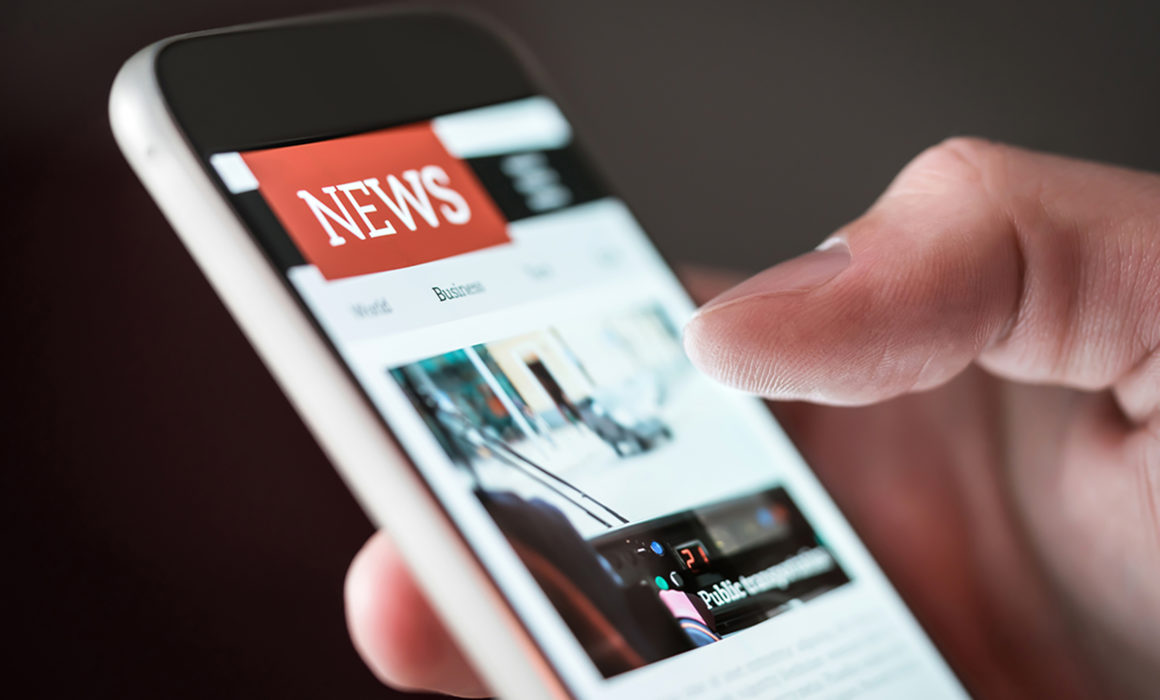Are people more likely to believe a news story is accurate if it is published by a source that shares their worldview? Or do they tend to believe claims that agree with their views, regardless of the source that publishes them? It’s a relevant question in this highly politicized age.
A recent study shows that Americans would sooner believe a news story is accurate if the headline aligns with their political ideology — even if it comes from a source that does not typically line up with their views, according to Professor Mor Naaman at the Jacobs Technion-Cornell Institute at Cornell Tech, who headed the research.
For example, take the headline: “Trump lashes out at Vanity Fair, one day after it lambasts his restaurant.” A left-leaning reader is more likely than a right-leaning reader to rate the headline true. For both readers, it doesn’t matter whether the headline appeared on Fox News or in The New York Times. The study contradicts a 2018 Gallup and Knight Foundation, which concluded that Americans’ belief in the accuracy of a news article hinges on the political affiliation of the outlet.
The Jacobs Technion-Cornell Institute results provide insight and nuance into the important question of trust in the news, the researchers suggested. “On the bright side, the source of news might be less polarizing than previously thought,” said Prof. Naaman. “On the negative side, though, the experiment shows people are likely to reject disagreeable information, even if they trust its source.”
In the study, conducted online with 400 study people, the participants were shown a set of left-leaning, right-leaning, and non-political headlines assigned randomly to either Fox News or The New York Times, and asked to evaluate whether the headlines were true or false. The participants were then asked a series of questions to determine their political affiliation. Some were also offered a small payment for “correctly” answering whether the headlines were true or false.
In addition to determining the bias of the headline versus the news outlet, the study found that when offered money, participants frequently changed their mind. “Right-leaning readers,” in particular, noted the researchers, “would often say a left-leaning headline is false, even when they believe it is true.
The results have implications for using incentives to inhibit people from knowingly sharing misinformation and fake news. Yet the researchers cautioned that the results of their experiment were preliminary, and need further testing on a larger, more diverse group of participants.
